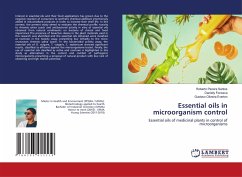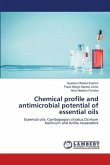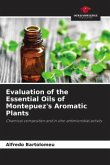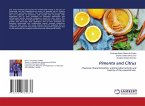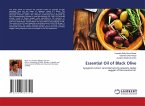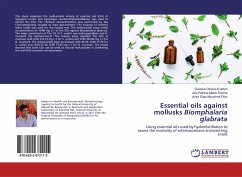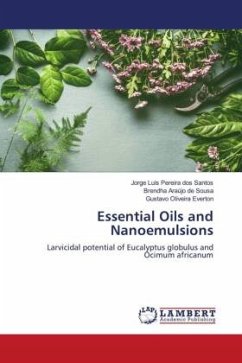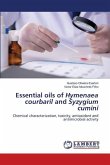Interest in essential oils and their food applications has grown due to the negative reaction of consumers to synthetic chemical additives intentionally added in industrialized products in order to increase their shelf life. In this context, the present study aimed to evaluate the chemical profile, toxicity to Artemia salina Leach and antibacterial activity in vitro of essential oils obtained from natural condiments on bacteria of clinical and food importance.The presence of bioactive classes in the plant materials used in this research was identified and the essential oils obtained were classified as nontoxic in the toxicity assay, presenting low lethality to the micro crustacean Artemia salina Leach. In the bactericidal activity assay, the essential oils of O. vulgare, T. vulgaris, C. zeylanicum showed significant results, classified as efficient against the microorganisms tested. Finally, the use of essential oils classified as active and nontoxic is highlighted in this study as alternatives in the control and combat of pathogenic microorganisms presenting a proposal of natural product with low cost of obtaining and high market potential.
Bitte wählen Sie Ihr Anliegen aus.
Rechnungen
Retourenschein anfordern
Bestellstatus
Storno

